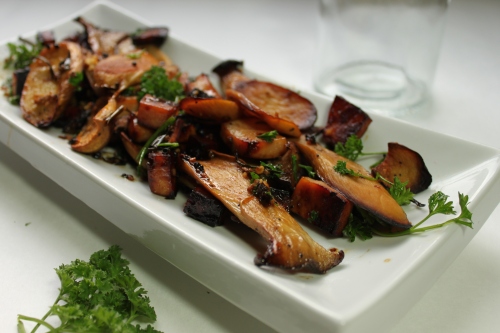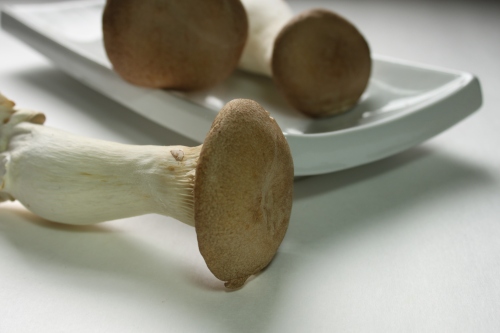Two short vorts and two recipes for this week’s Parsha:
From the day the Mishkan (Tabernacle) was dedicated, it was covered by a cloud during the day, and a fire by night. When the cloud lifted, it was an indication that God wished the Israelites to follow the cloud and continue their journey until the cloud rested in a new location. The subsequent stays could last anywhere from one night to many years.
Rabbi Yitzchak Levi points out that the cloud accompanied the people of Israel from the exodus from Egypt until the time that Moshe passed the leadership on to Yehoshua (Joshua). (Devarim/Deuteronomy 31:15) The cloud was an expression of God’s continuous presence among humanity.
“In other words, the cloud expresses the revelation and resting of the Shekhina on Israel in the framework of God’s direct and unmediated miraculous governance of Israel that is characteristic of the period of the wilderness. When Israel follows after the cloud, they are in essence walking in the footsteps of God.”
Here’s a recipe to commemorate that cloud.

Bamidbar/Numbers 9:15 On the day the Mishkan (Tabernacle) was erected, the cloud covered the Mishkan, which was a tent for the Testimony
Strawberry Cloud
Ingredients:
- 4 cups strawberries
- 3/4 cup canned coconut cream (this is the ingredient that makes it awesome)
- 2 1/2 cups crushed pineapple and pineapple juice (any combination is okay)
- 1/2 teaspoon vanilla
- whipped cream, optional for garnish
Puree crushed pineapple in blender and then add remaining ingredients.
###
This week’s Parsha discusses the ‘Chatzotrot’ the trumpets that Moshe was commanded to make. They were to be blown on various occasions such as holidays, assembling, and war. Shlomo Katz discusses the two distinct sounds that the trumpet makes. Teruah is a broken sound – like crying. Tekiah is a long continuous sound. For war time, the Torah tells us that the broken sound is made. According to the Gemara, however, any time the Teruah sound was made, it was preceded by the Tekiah, the long continuous sound.
Katz quotes Rabbi Mordechai Rogov (1900-1969):
Teruah is the sound of a groan and a wail, while tekiah is the sound of triumph and happiness. Our teruot are always accompanied by tekiot. Even when the sounds of wailing and groaning are heard in the camp of Yisrael, there is never total despair. At the same time, the tekiot are heard – the sounds of hope and trust. This is what the Torah is teaching us. When the oppressors come to our gates, we should sound the teruot together with tekiot.
Here’s a trumpet recipe that is so delicious, I highly suggest doubling it.

Bamidbar 10:2: Make yourself two silver trumpets; you shall make them; they shall be used by you to summon the congregation and to announce the departure of the camps.
Here’s a peak at the King Trumpet Mushrooms: I bought these in Korea Town. I imagine they’re widely available where Asian foods are sold.

Roasted King Trumpet Mushrooms with Wine and Rosemary
- 5 King Trumpet mushrooms, cut diagonally in 1/4 ” slices
- 1/2 lb. smoked turkey, cut into cubes
- 2 tablespoons, minced garlic
- 6-8 chives, chopped
- handful of fresh rosemary, chopped
- 1/4 cup olive oil
- salt and pepper to taste
- 1/2 cup dry wine (white or red is fine)
- 1/4 cup fresh parsley
Directions:
- Preheat oven to 500 degrees. In a large pan sprayed with Pam, place mushrooms, turkey, garlic, chives, rosemary, salt and pepper. Roast 10 minutes. Gently mix up the pan and then roast another 10 minutes.
- Add wine for approximately five minutes.
- Add fresh parsley before serving.
- It’s delicious hot or room temperature. Adapted from Martha Stewart.
- B’tayavon and have a great Shabbos!

